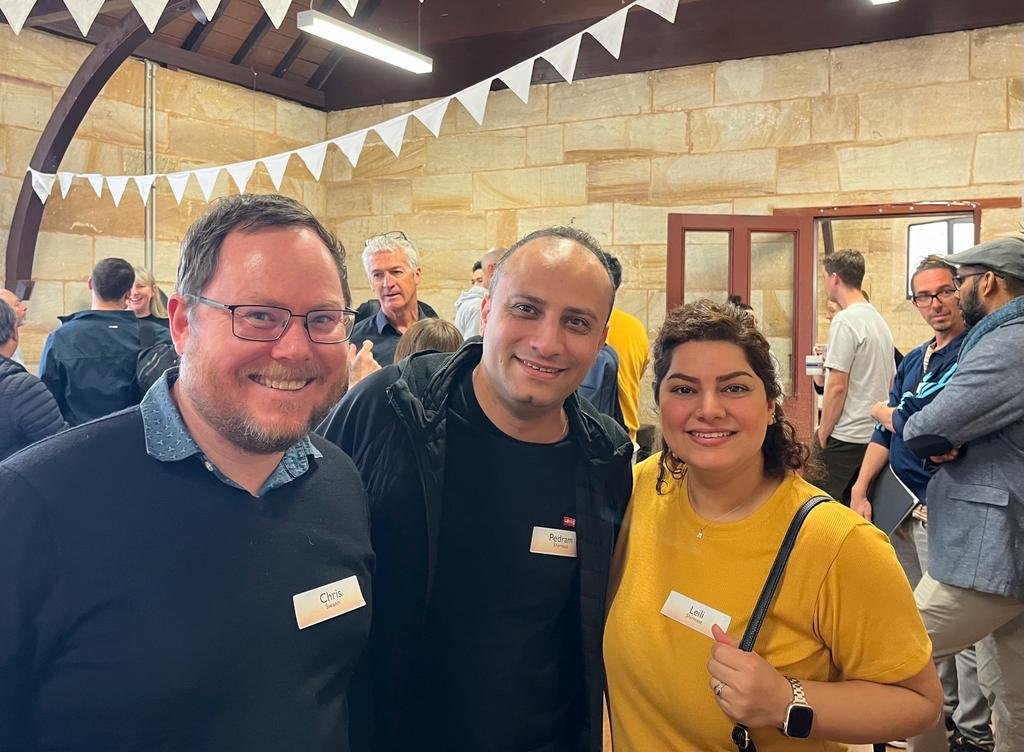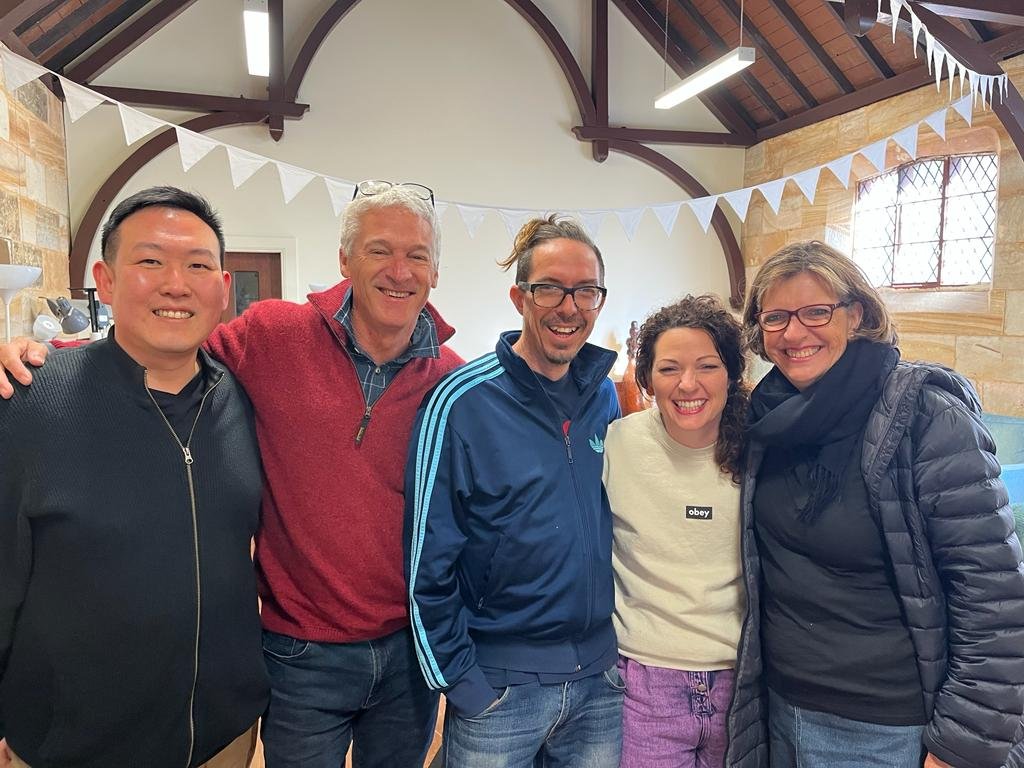I heard a striking comment this week. Dr Peter Steinke, in his book Healthy Congregations: A Systems Approach, says that church health and illness are not opposites – they are compliments.
Just let that sink in. We live in a time where we believe we have a right to avoid negativity. We parent by intentionally exposing our children to positive messages, and shield them from negative ones. We imagine health and sickness are opposites, and believe we can have the good without the bad.
Not so, says Steinke. “Health and Illness are compliments. We need to be ill in order to be healthy.” A vaccine exposes your body to a small weak amount of a negative virus – it creates a mini-illness. But this illness awakens your system to create T and B cells that will combat this foreign agent in the future. Churches function like this, according to Steinke. Mini illnesses create resilience and the resources to combat future and greater undesirable influences.
If he is right, this is a telling observation. According to Andrew Root in The Pastor in a Secular Age, our historical context has created an expectation where congregation members imagine, and some churches even promise, that the church’s role is to add value to your life by adding Jesus. The consumerist worldview makes the pastor and church something of a provider of religious goods and services which will improve your life. If this church is not a net blessing to your life, then parishioners may vote with their feet and attend elsewhere, or attend less and less, and after a while perhaps not at all.
Root tells us congregation members come less if church does not look and make us feel healthier, and Steinke tells that in order to be healthy, a church will in some seasons experience illness.
What rung true about Steinke’s comment was its balance. Steinke ‘diagonalises’ health and illness. Some preach the so-called ‘prosperity gospel’, emphasising the blessing and riches of the kingdom of God. Others regularly find another refrain – that Jesus invites us to take up our cross, to serve and sacrifice. Tim Keller labels this the stoic gospel. Neither alone represents a balanced view of life inside the church or the kingdom of God. As Paul puts it, “suffering produces perseverance; perseverance, character; and character, hope.” (Romans 5:3-4)
Let’s take this insight – that wellness and illness are complimentary, and apply it to a bigger canvas. Rodney Stark, a sociologist of religion, observes that at a macro level, when the church loses its sense of prophetic otherworldliness, this illness creates a fertile environment for new church plants and movements. Church plants sprout in and around decaying and dying churches. Mini-illness can breed resilience and health, and major illness can breed new birth and life.
There is a growing sense of unease, that illness in the church is on the rise – that we are in a crisis! Statistics are cited that map decline in church attendance, and this is paired with a decline in influence. Is decline in influence and attendance the crisis, or is it a symptom of the crisis? For Taylor, in A Secular Age, the crisis is that our immanent world has ruled out talk of a transcendent God who acts in this world. For Barth, it is in crises that God acts as God in this world in ways that break through our scale covered eyes.
The next time your church experiences illness, or you hear of attendance decline in the Western church, I invite you to reframe it. Might God be allowing a mini-illness that will awaken the church to resilience and greater health in the future? Might God be using death to bring life? No, to bring a new Yes? Do you trust Jesus is building His church in such a way that gates of Hades will not overcome it? (c.f. Matthew 16:18)
Written by David Rietveld









